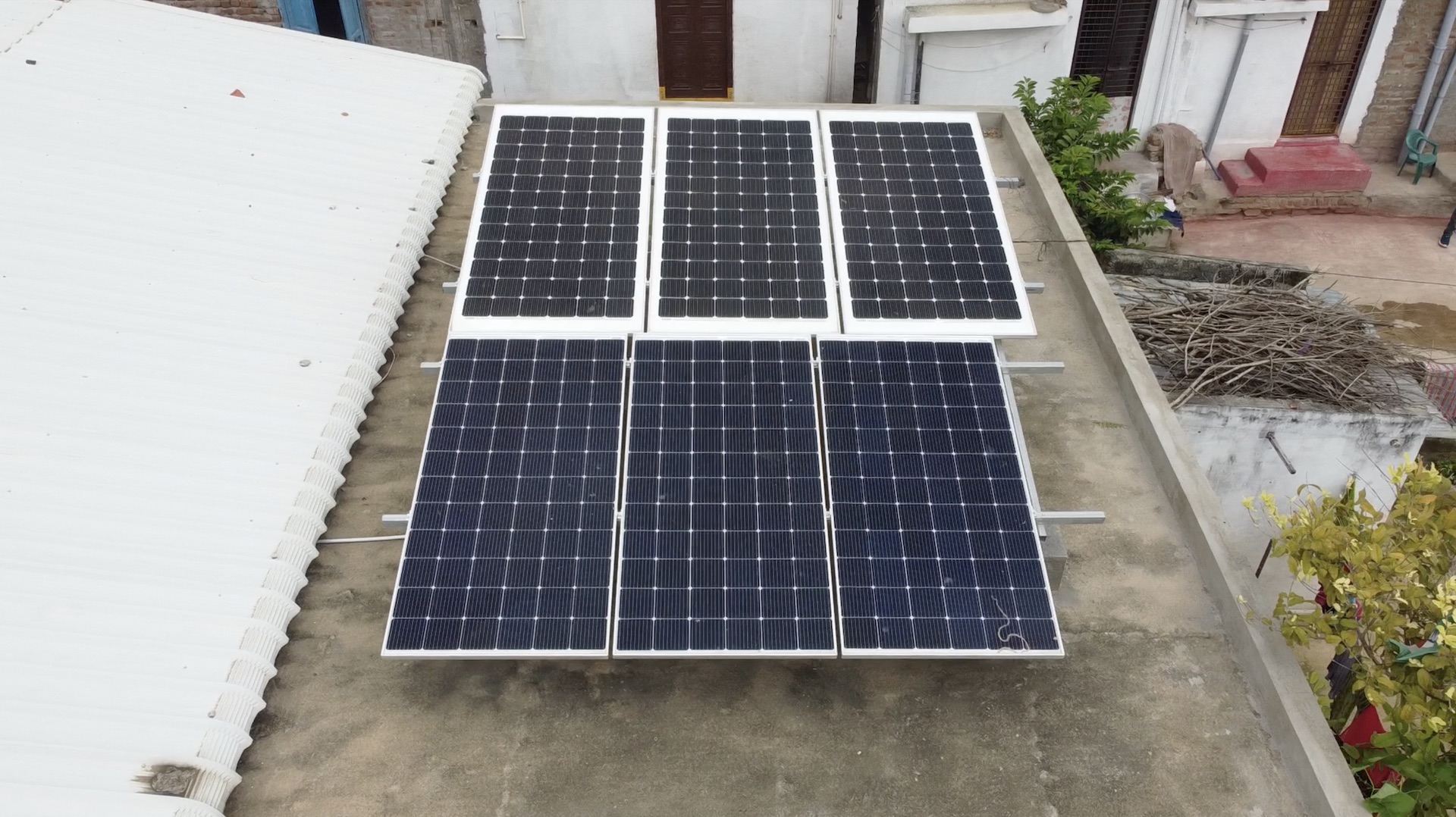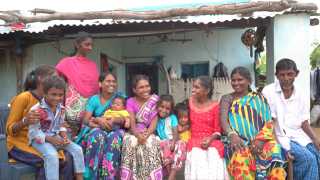At Community Pure Water (CPW), we are committed to delivering safe, purified drinking water while also minimizing our environmental impact. To support this mission, we have installed solar-powered water purification centers in seven villages across three states. These villages – Ramkot, Machhrehta and Hargao in Uttar Pradesh; Ambatpally, Mukkidigundam and Yellikal in Telangana; and Divamdinne in Andhra Pradesh – are home to over 52,923 people across 8,864 households. Each day, the centers dispense 15,453 liters of purified water, offering safe water to thousands while promoting a greener future.
Solar Power: Clean Energy for Clean Water
Our solar-powered water purification plants help reduce reliance on traditional electricity sources, saving approximately 2,450 units of power each month. This not only reduces operational costs but also significantly lowers our carbon footprint, contributing to cleaner air and a more sustainable way of life for these rural communities.
Soak Pits: A Key Component in Sustainability
At every plant we install, soak pits play a crucial role in water conservation efforts. These pits help manage wastewater effectively, allowing it to seep back into the ground and recharge local groundwater levels. By promoting the use of soak pits in all of our projects, we are ensuring that our water initiatives are not just focused on purification but also on long-term resource management. Additionally, in some areas, we have introduced rainwater harvesting as part of our efforts to promote water conservation and environmental stewardship.
Building Sustainable Communities

Our solar-powered water purification centers, combined with environmentally conscious practices like soak pits, are helping to build more resilient and sustainable communities. These efforts go beyond providing clean water—they empower local populations to embrace practices that protect the environment for future generations.
At CPW, we believe in the power of clean water and clean energy to transform lives and the planet. Together, we can create healthier, more sustainable rural communities.








